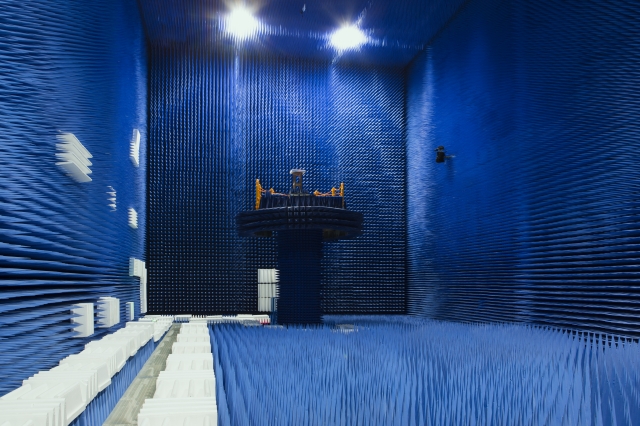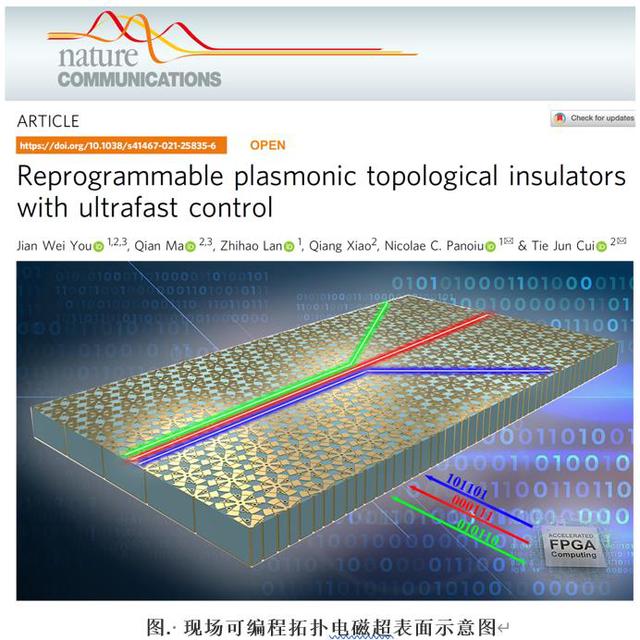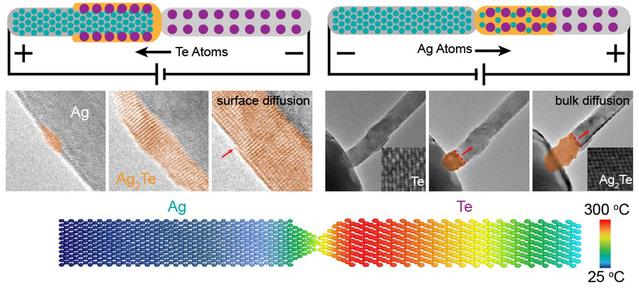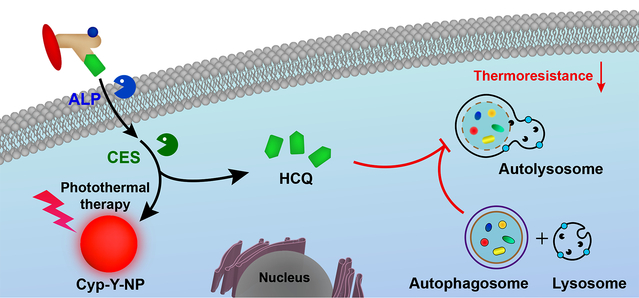
[Southeast University News Network, June 8] (Correspondent: Tan Xiaosi) A few days ago, the Chinese Institute of Electronics released the result of “Excellent Scientific and Technical Papers in the Field of Electronic Information (2020)”. The paper titled “AI for 5G: research directions and paradigms” jointly accomplished by You Xiaohu, Zhang Chuan, Tan Xiaosi, Jin Shi and Wu Hequan of SEU was selected.
Wireless communication technologies such as fifth generation mobile networks (5G) will not only provide an increase of 1000 times in Internet traffic in the next decade but will also offer the underlying technologies to entire industries to support Internet of things (IOT) technologies. Compared to existing mobile communication techniques, 5G has more varied applications and its corresponding system design is more complicated. The resurgence of artificial intelligence (AI) techniques offers an alternative option that is possibly superior to traditional ideas and performance. Typical and potential research directions related to the promising contributions that can be achieved through AI must be identified, evaluated and investigated.
In order to meet the new demands of the mobile Internet in the next decade, 5G will be applied on a wider scale and the system design will be more complicated. Although AI technology has provided the possibility of transcending traditional concepts and performance for the design and optimization of 5G systems. However, when facing with a large amount of problems in 5G systems that cannot be modeled, solved or realized in a highly-efficient manner by traditional methods, related research and development directions are still unclear.
To this end, this study provides an overview that first combs through several promising research directions in AI for 5G technologies based on an understanding of the key technologies in 5G. In addition, the study focuses on providing design paradigms including 5G network optimization, optimal resource allocation, 5G physical layer unified acceleration, end-to-end physical layer joint optimization, and so on.
On the other hand, this paper has sorted out typical challenges of AI in the design and optimization of 5G systems so as to determine the direction of its application with more potential values: the combining optimization direction, the detection direction and the estimation direction. This paper proactively points out the four types of application challenges of AI in 5G systems: the inability of modeling, the difficulty in finding solutions, the efficient implementation of unified models, the optimal detection and estimation. The paper was published in the English version of Science in China: Information Sciences in February 2019 (SCIENCE CHINA Information Sciences, 2019, 62(2): 21301). Since the date of publication, this paper has received extensive attentions from the research arena and the industry. It has been read (downloaded) by nearly 20,000 times and once selected as an ESI highly-cited paper.
In order to guide more high-level scientific research results in the field of electronic information to be published in domestic scientific journals or academic conferences, the Chinese Institute of Electronics organized the screening activity of “2020 Excellent Scientific Papers in the Field of Electronic Information”. Upon recommendation by relevant universities, scientific research institutions,periodical edition departments and experts, nearly 100 papers as recommended have been received. After review and evaluation by experts in groups, 8 papers were finally selected.
Screening announcement: https://www.cie-info.org.cn/site/content/3731.html
Paper’s link: https://link.springer.com/article/10.1007/s11432-018-9596-5




